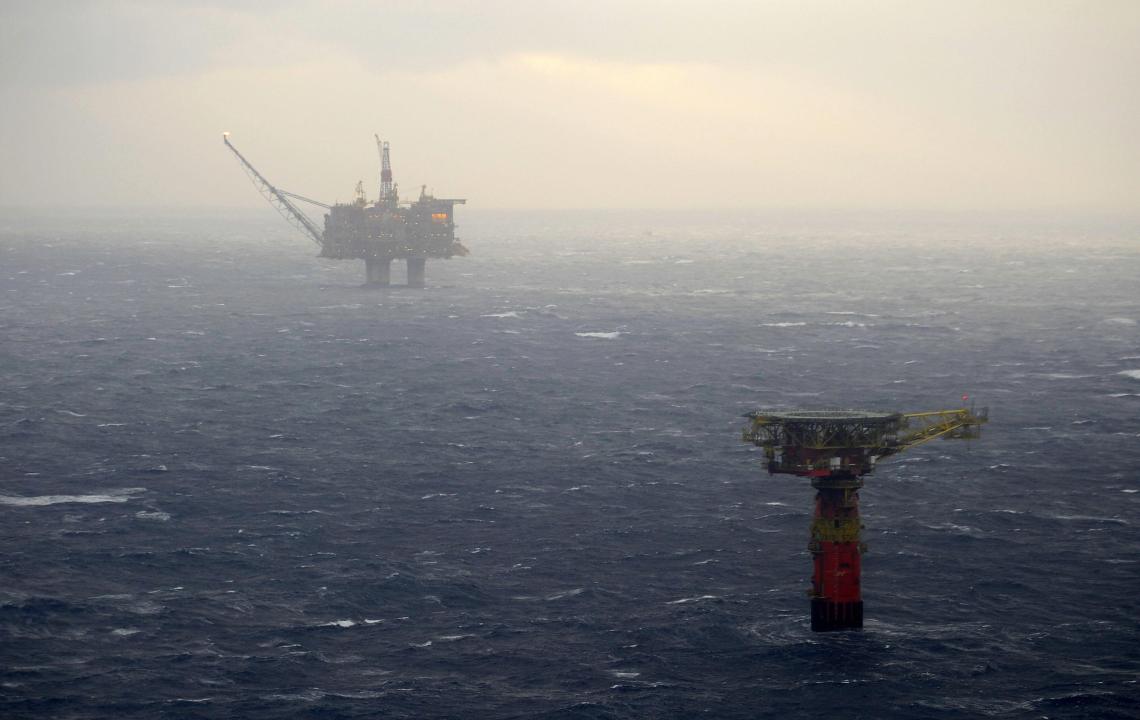This week’s Think Scotland column takes a gander, just for once, at the Scottish Green party. Patrick Harvie’s party is in favour of Scottish independence for reasons that, frankly, seem pretty damn unconvincing. I suspect that the Greens, like those parts of the far-left that also favour independence, are liable to be desperately disappointed by life in an independent Scotland and that they will come to realise that it is not much better than their present miserable existence within the United Kingdom.
Harvie, of course, rejects the label “nationalist”. He is, he insists, no such thing and you don’t need to be a nationalist to favour independence. Well, maybe not. But you’re still, quite evidently, aiding a nationalist project.
Anyway, here’s the piece.
Now the Greens can believe what they want to believe and there’s nothing wrong with that. But, however well-intentioned, Patrick Harvie’s article, posted on the Yes Scotland website, reveals a case for independence predicated upon a quantity of wishful thinking that’s remarkable even by the debased standards of Holyrood parliamentarians. I do not doubt his good intentions but I fear his vision for an independent Scotland is a triumph of optimism over experience. Disappointment lurks around the corner, armed with the lead piping.
[…] What about energy? Mr Harvie asks: “So would independence change anything? Would an independent Scotland, so dependent on the oil industry, be capable of a truly Green approach to these resources?” I think we know the answer to this. (It is “No”.) Even the Green leader admits that “winning the argument for a different approach” will not be “easy”. He sees, however, “no prospect that the UK will be persuaded to do what needs to be done”. So the argument is this: ‘we’re losing at the UK level but we might have a better chance of winning in a smaller country even though that country is, relatively speaking, more dependent upon fossil fuel reserves than the larger country in which we are presently losing the argument’. OK!
Give the Greens some credit. Their policy preferences really are quite radical. They are hostile to where you want to shop (Tesco, Amazon etc) and they want an independent Scotland to leave North Sea oil unexploited. We should cease drilling in the north sea. Nor, obviously, should we explore, far less exploit, Scotland’s shale gas resources. This would, Mr Harvie says, allow Scotland to be “one of those countries showing the leadership that’s needed at this point in human history”.
The good news is that we won’t know how poor we’ve become because “As well as leaving fossil fuels unburned, we could be pioneering new approaches to economics, replacing the outdated and misleading GDP statistics with indicators showing the health and wellbeing of our population, the strength of our communities, the sharing of our wealth and the ecological limits we live within.” So that’s fine then.
How will this Green nirvana be paid for? Well, “We could challenge the free market extremism of the last few decades and find ways to ensure that the whole economy, including the wealthiest people and companies, are accountable and must contribute to the common good.” Soaking the rich is a perfectly respectable, time-honoured position. But what if the rich leave and there are no more wealthy people (or companies) to tax?
I’m not sure it can be said too often that the risks of capital and human flight from an independent Scotland are so high – not least because such flight would be so easy – that anyone who thinks taxation could be very much higher in Scotland than in the remainder of the United Kingdom is deluding themselves. A large part of the economic weather will still be made in London. We may not like this or think it helpful but we should at least have the courage to admit some reality into our debate.
Patrick Harvie can support independence for whatever reasons he likes. That’s his right and I certainly cast no aspersion on his good intentions. But I see no great reason to conclude that his hopes for an independent Scotland – and for the “transformation required if human beings are to live sustainably” (whatever that means) – are likely to actually happen.
Whole thing here.








Comments